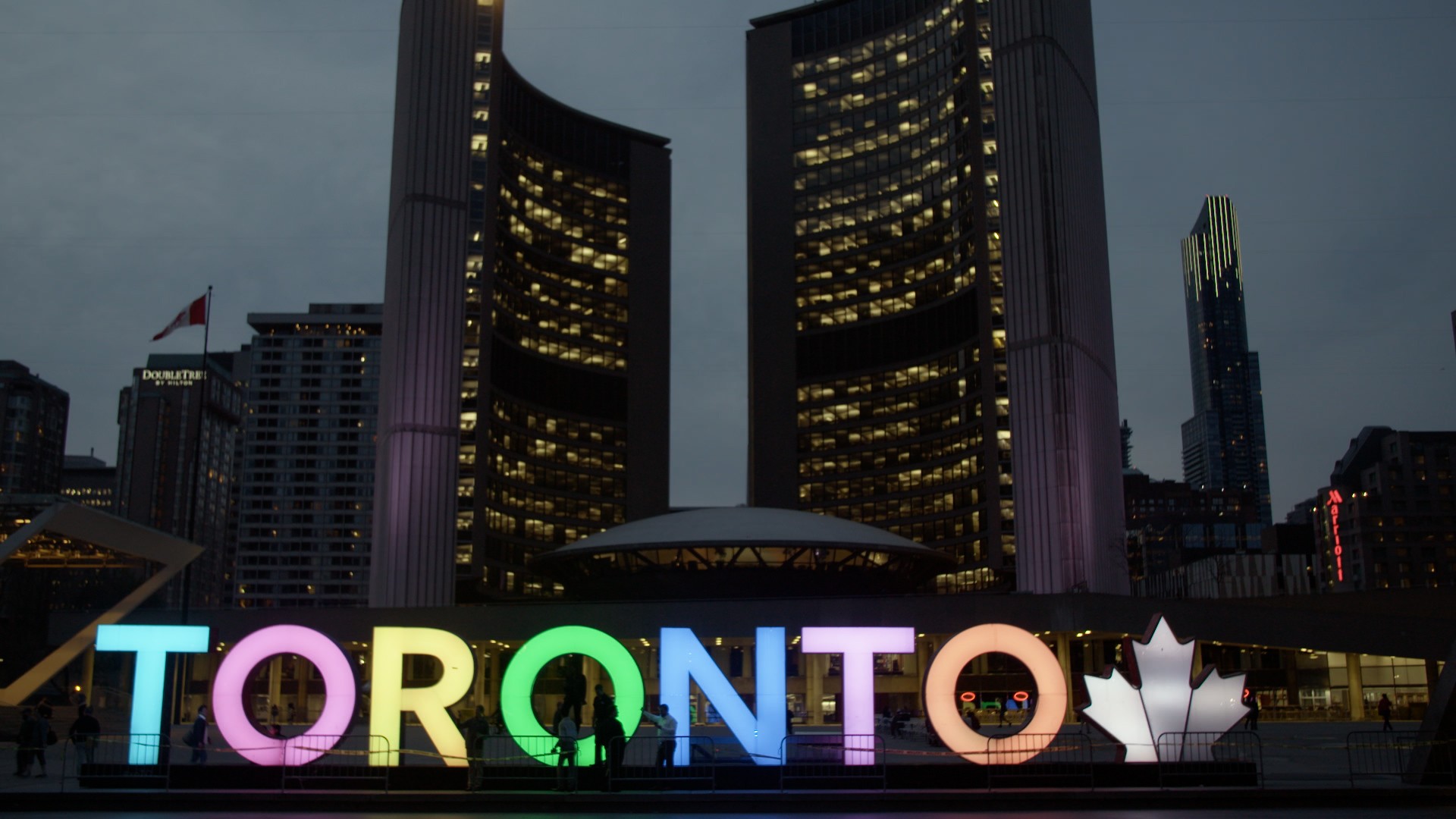Everyone with a job fantasizes about quitting it, either in a blaze of go-fuck-yourself glory, or by quietly and smugly accepting a better offer and starting to live the life you really deserve. According to the US Labor Department, that dream seems to be coming true for more and more Americans, as the Associated Press reported Tuesday:

On the surface, this seems like great news. Income stagnation is one of the oldest stories in American life, and a new job offers one of your best chances at overcoming it. But it's not just the prospect of finding more money that's driving this trend: According to a survey published in January by consulting powerhouse Deloitte, 43 percent of so-called millennials anticipated ditching their job within two years; members of Generation Z (born in 1995 or later) were even less likely to be company people, with some 61 percent expressing intent to move elsewhere. Among other things, the survey suggested young people don't like working at places that seem to value profit-seeking above all else. This is something of a shift from the Reagan era, when Newsweek dubbed 1984 the "year of the yuppie," marking perhaps the closest thing we've come in recent decades to a country where financial capitalism achieved national worship.What happened since then? Well, a series of financial collapses, first in 1987, then in 1990-91, a third time in 2001, and, most brutally, in 2008. Also: Inequality skyrocketed, pensions vanished, foreclosures exploded, and going to college became hugely expensive. And key institutions like labor unions, mainline churches, and (perhaps most importantly) manufacturing-based jobs that promised a lifetime of gainful employment began to disappear. The so-called "Organization Man" of the 1950s, the boring (white male) corporate type resigned to a life of bland middle-class prosperity and nothing that reeked of standing out from the pack, became something of an endangered species. "Millionerds," as Michael Lewis called them, took over in Silicon Valley, and started to dictate the values and culture of the broader economy.For a while, that manifested itself in the heady days of the dot-com boom and what we now call "late capitalism." But when young people saw that system go belly-up, too, attitudes kept shifting. Polling data in recent years has found young people are less focused on making the most money they can and more on finding an enjoyable job that has some kind of halfway decent impact on the world—or at least not a completely pernicious one. Survey data has also suggested young people are way less likely than Baby Boomers to stay in the same job for a long time, like decades.These changes have begun to manifest themselves in terms of political ideology, with socialism becoming much more popular—specifically among young people—as Cold War–era stigma faded. Capitalism, on the other hand? 2016 Harvard Institute of Politics survey data found just 42 percent of 18- to 29-year-olds supported it in the abstract. And as we saw with Bernie Sanders's surprise success as an unabashed democratic socialist in that year's presidential race and the win by one of his former campaign organizers Alexandria Ocasio-Cortez in a New York congressional primary last month, this isn't just a shift in abstract thinking, but also seems to be affecting how young people engage with the system.Of course, capital-S Socialists remain on the fringe of American politics, where the duopoly of big-money Democrats and Republicans won't lose its grip anytime soon. And a willingness to quit one job for another that pays more obviously doesn't require a left-wing political ideology. But the fact that so many people, young people especially, are anxious to seek better opportunities tells us something about society—millions of us are desperate for a change, and that is seeping into the world in ways our parents might never have imagined.Sign up for our newsletter to get the best of VICE delivered to your inbox daily.Follow Matt Taylor on Twitter.
The percentage of workers quitting their jobs reached 2.4 percent in May, the highest level since April 2001. More quits are a sign of a strong job market because workers typically leave jobs for a new one that pays more. Workers who switch jobs see larger raises than those who stay in the same position, government data shows.
Advertisement

On the surface, this seems like great news. Income stagnation is one of the oldest stories in American life, and a new job offers one of your best chances at overcoming it. But it's not just the prospect of finding more money that's driving this trend: According to a survey published in January by consulting powerhouse Deloitte, 43 percent of so-called millennials anticipated ditching their job within two years; members of Generation Z (born in 1995 or later) were even less likely to be company people, with some 61 percent expressing intent to move elsewhere. Among other things, the survey suggested young people don't like working at places that seem to value profit-seeking above all else. This is something of a shift from the Reagan era, when Newsweek dubbed 1984 the "year of the yuppie," marking perhaps the closest thing we've come in recent decades to a country where financial capitalism achieved national worship.What happened since then? Well, a series of financial collapses, first in 1987, then in 1990-91, a third time in 2001, and, most brutally, in 2008. Also: Inequality skyrocketed, pensions vanished, foreclosures exploded, and going to college became hugely expensive. And key institutions like labor unions, mainline churches, and (perhaps most importantly) manufacturing-based jobs that promised a lifetime of gainful employment began to disappear. The so-called "Organization Man" of the 1950s, the boring (white male) corporate type resigned to a life of bland middle-class prosperity and nothing that reeked of standing out from the pack, became something of an endangered species. "Millionerds," as Michael Lewis called them, took over in Silicon Valley, and started to dictate the values and culture of the broader economy.
Advertisement
